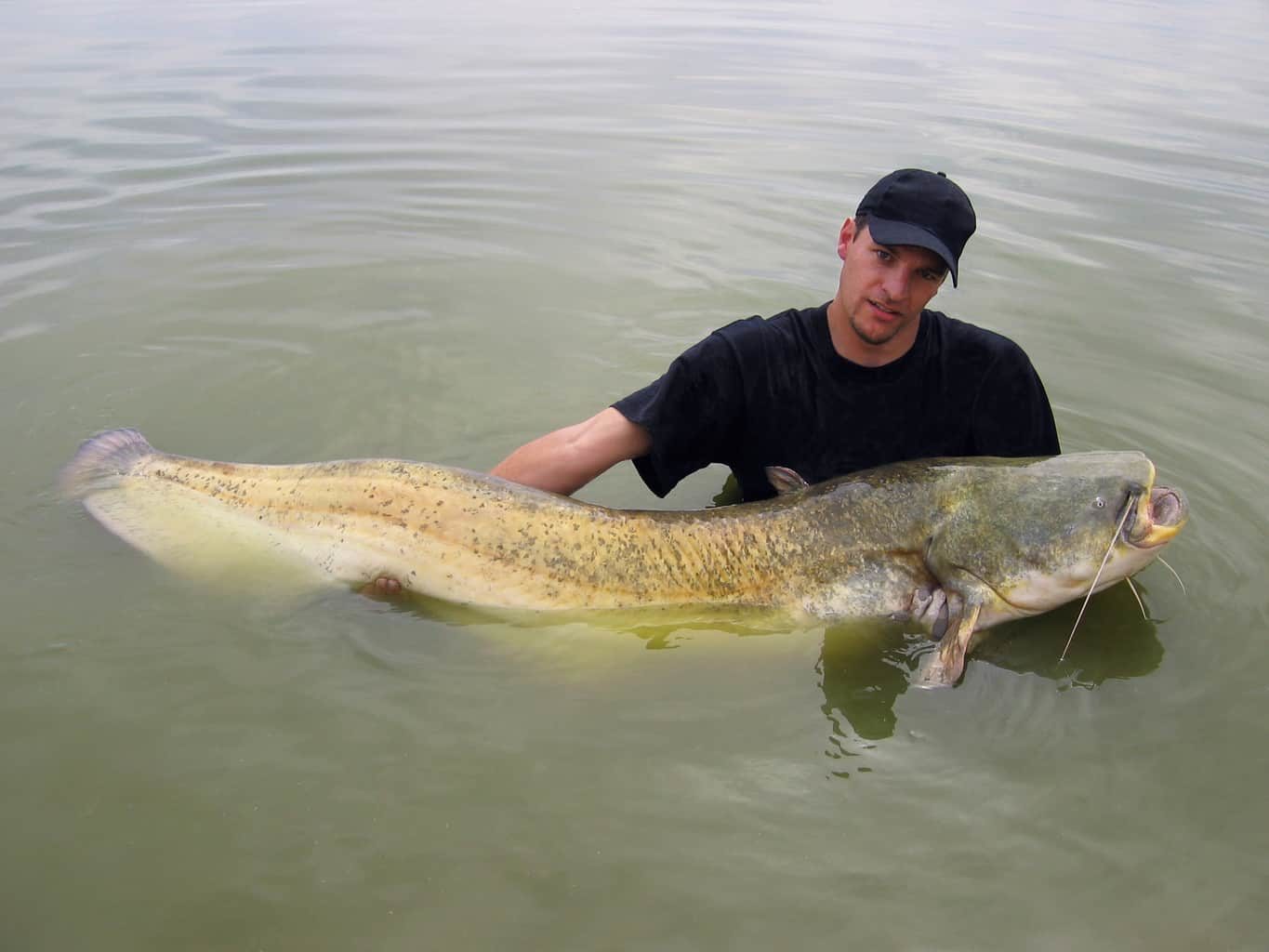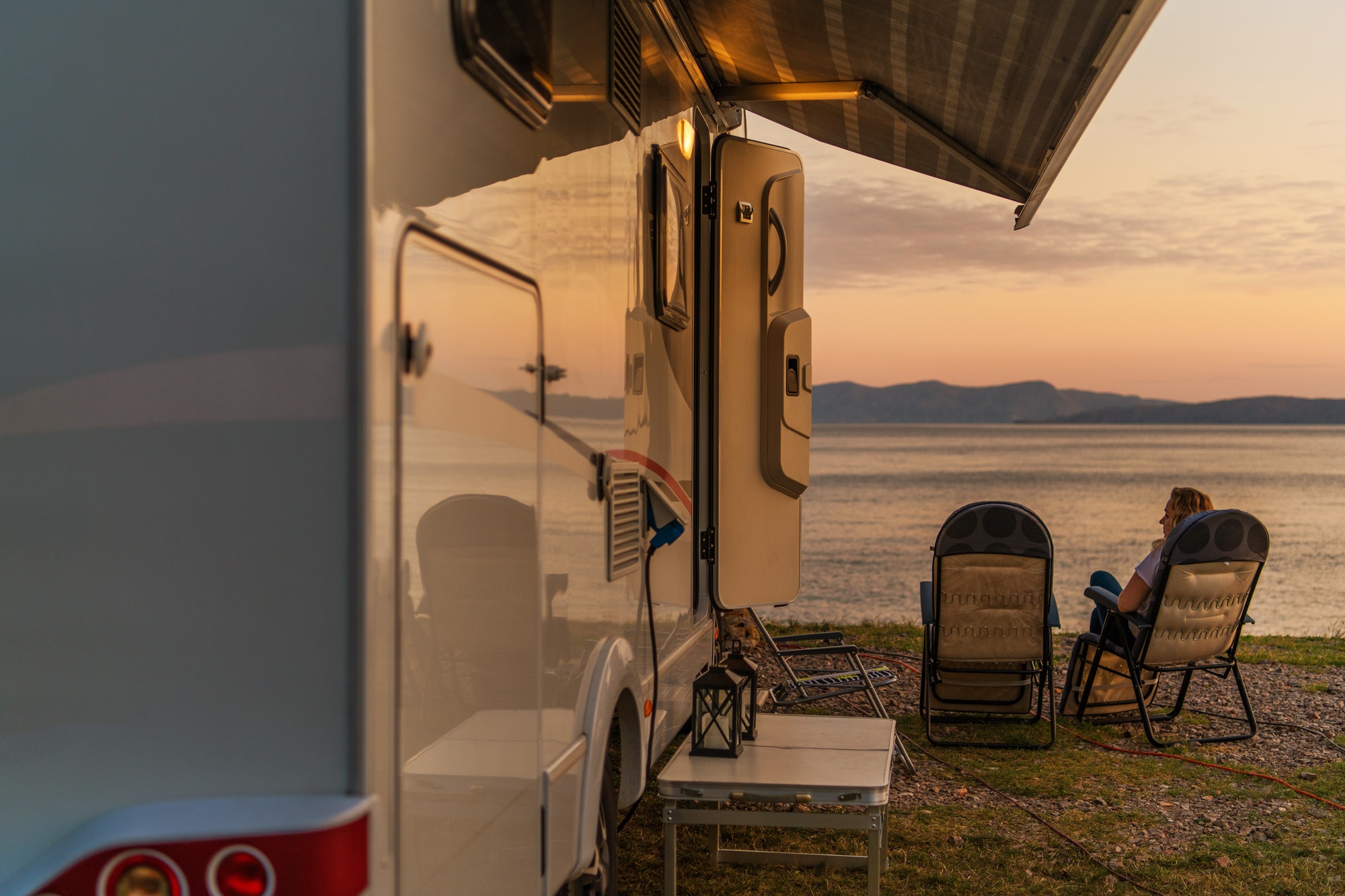
Few things can ruin a summer camping trip quicker than waking up with a dozen or so painfully stinging mosquito bites. And the worst thing about it is that the problem isn’t going to go away if you’re not prepared for it.
You’ll wake up the next morning with even more and it will just end up being all that you’re thinking about for the entire trip. It will just be pain, irritation and a sense of deep regret that you didn’t think of how you were going to keep these mosquitos at bay before the trip started.
If you’re going to go camping this summer, spare yourself from this misery, but also keep in mind the fact that mosquitos are not something that should be taken lightly because they are actually pretty dangerous.
Overall, mosquitos are responsible for more human deaths than any other animal out there and this is as a result of things like Malaria and West Nile Virus. You probably don’t have to worry about those things but it’s still worth being cautious of the insects.
Bug Repellent
Might as well mention the obvious one first. Bug repellent works, it might have a reputation for being ineffective but that’s just because there are so many companies producing the stuff who don’t actually know what they’re doing.
But if you do your research you can find out which bug repellents are reputable and which are the ones that you should probably avoid. Also, if you don’t feel like spraying yourself with something, you can get bug-repellent bracelets.
These are great because you don’t even have to wear them, you can just clip them to your bag and they’ll spread chemicals that will keep mosquitoes and other irritating creatures from coming near you.
I would suggest using a spray for around the campsite but if you don’t want to go too hard on the chemicals, you could always just make your own bug spray using nothing but natural materials.
There’s a wide variety of essential oils and fruit juices as well as things like baking soda and vinegar which also get the job done. One batch of a homemade product should be sufficient for one trip.
Unscented Body Products
When you’re camping you’re of course going to need to bring along stuff like soap, shampoo, body wash, deodorant, moisturizer and probably a few other different kinds of health and body products too.
What you need to keep in mind is that mosquitoes are attracted to the smells that these products traditionally have. Floral and fragrant smells lingering around your campsite are going to draw all of these bugs in.
While I would never suggest that you don’t bring any of it along, your best bet would be to try and find some unscented stuff. Products that still have the desired effect but which don’t also attract unwanted problems.
Unscented products shouldn’t be too hard to come by if you’re looking in the right place. Unscented deodorant sounds like a preposterous idea but you can even find a lot of that out there these days.
And as much as you might like wearing perfume or cologne, it’s really not necessary for you to smell nice when you’re camping, especially when you’re just going to attract mosquitoes with those scents. So leave that stuff at home.
Protective Clothing
This is an extra precaution that you can take to keep yourself protected. What you’re wearing can be helpful for keeping mosquitoes away too. You can actually get clothes that have bug repellent in the fabric.
If you can get some high-quality gear, it might actually negate the need for any other kind of repellent. Good bug-repellent clothing is kind of hard to come by and does tend to be a little expensive but that doesn’t mean you can’t still dress to repel.
Mosquitoes are attracted to dark clothes so try and avoid that and also wear long-sleeved shirts to keep your arms protected. Go for lighter fabrics though because you’ll probably get too hot and as we said before, sweating attracts mosquitoes too.
If you do all or even just one of these things, you shouldn’t have to worry too much about mosquitoes while you’re camping. As you can see, it’s pretty easy to keep them away and you will regret not putting in the minimal amount of effort that’s required to do so.







